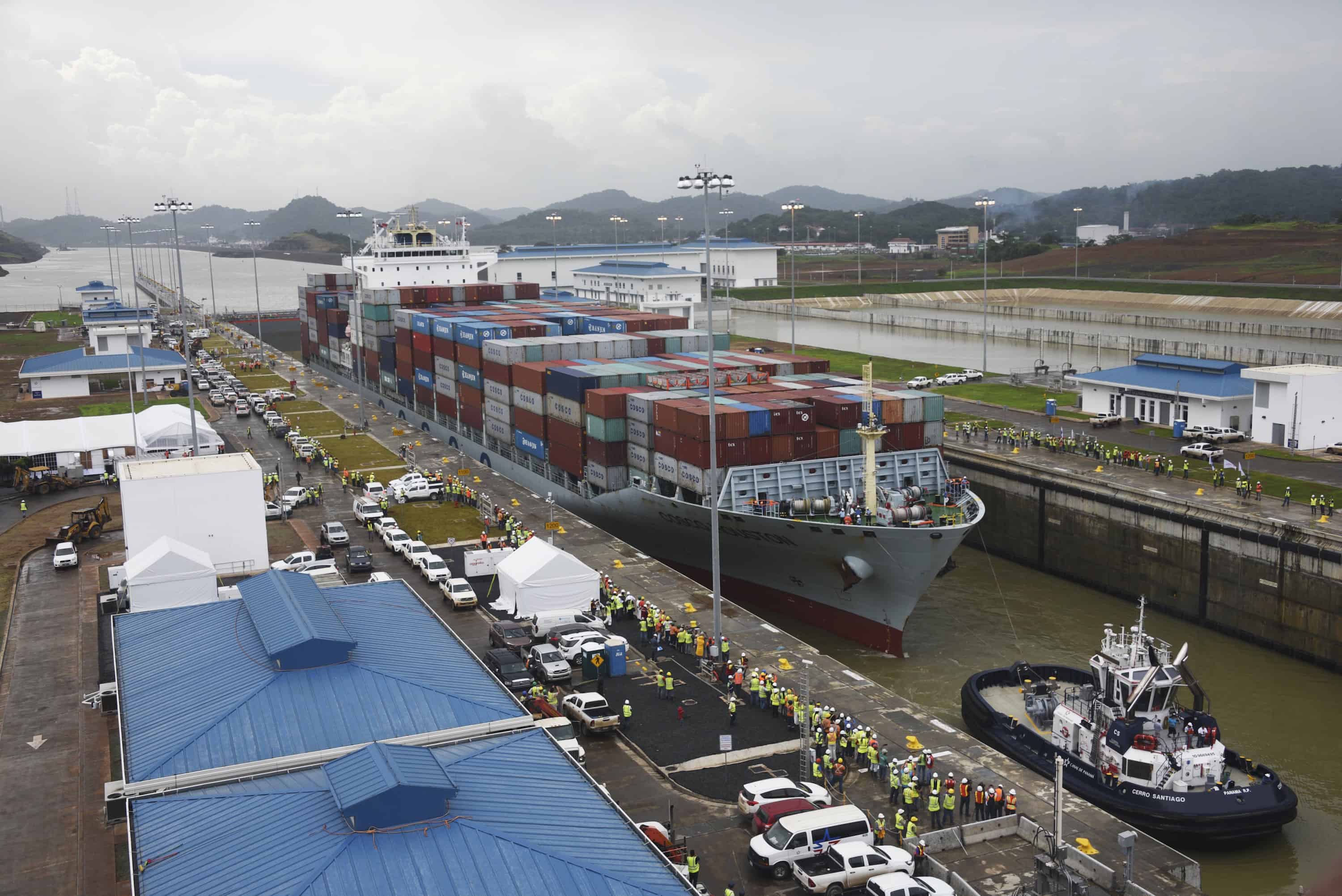A delegation from the Joe Biden’s government traveled to Latin America this month to explore public works investment projects in which the United States can counter China’s influence in the region.
The Deputy National Security Advisor for International Economics, Daleep Singh, led an interagency group that visited Colombia, Ecuador and Panama, the White House reported on October 1.
The purpose of the tour was “to hear directly from a range of Latin American stakeholders to better understand the infrastructure needs within these countries and around the region,” explained Emily Horne, spokesperson for Biden’s National Security Council (NSC).
The trip is part of the B3W initiative, an acronym in English for “Build Back Better World,” which the US president launched in June together with the leaders of the G7, the group of major industrialized powers.
The B3W is presented as an alternative to China’s “New Silk Road,” also known as BRI by its initials in English, which the Asian giant proposed in 2013 to gain global influence with the development of infrastructure in low- and middle-income countries.
Biden addressed the issue at the recent UN General Assembly, promising to allocate “hundreds of billions of dollars” together with the private sector and other G7 countries (Germany, Canada, France, Italy, Japan, United Kingdom).
“Done the right way … infrastructure can be a strong foundation that allows societies in low- and middle-income countries to grow and to prosper,” the president said at the time.
Horne said the United States seeks to work with countries that share democratic values, to finance and develop infrastructure in a transparent, environmentally sustainable manner.
“This visit demonstrated President Biden’s commitment to strengthening our ties with Latin America and to narrowing the massive global gaps in physical, digital, and human infrastructure that has been widened by the Covid-19 pandemic,” the NSC spokeswoman said.
‘Crucial investments’
In Colombia, Ecuador and Panama, the delegation met with Presidents Iván Duque, Guillermo Lasso and Laurentino Cortizo, all close to Washington, as well as with members of their cabinets.
In particular, the group spoke with the Colombian health ministry about the government’s efforts to expand vaccine production capacity, according to the White House.
It also held meetings with representatives of the Panama Canal Authority, businessmen from the private sector, and environmental, labor and civil society leaders.
Benjamin Gedan, deputy director of the Latin American program at the Wilson Center, a think tank based in Washington, highlighted this offensive in the region.
“These investments are crucial for U.S. influence in Latin America, where trade links to China are deepening,” he said on Twitter.
He added: “Uruguay wants a free trade deal with Beijing, and Mexico, despite a massive trade deficit with China, applauded China’s interest in the TPP,” referencing the Trans-Pacific Economic Cooperation Agreement from which the United States withdrew in 2017 under the presidency of Donald Trump.
In the last 20 years, China strongly gained ground against the United States in the Americas, becoming the first trading partner of almost all South American countries, granting low-interest loans, and investing in energy projects, ports and highways, among many works.
On his tour of Latin America, Singh was accompanied by David Marchick, director of operations of the International Development Finance Corporation (DFC), the development bank of the United States, and Ricardo Zúniga, assistant secretary of state for Western Hemisphere Affairs and special envoy for the Central American Northern Triangle.
Officials from the United States Agency for International Development (USAID) and the departments of the Treasury and Commerce, and other agencies also comprised the delegation.
Pictured: The Panama Canal.






